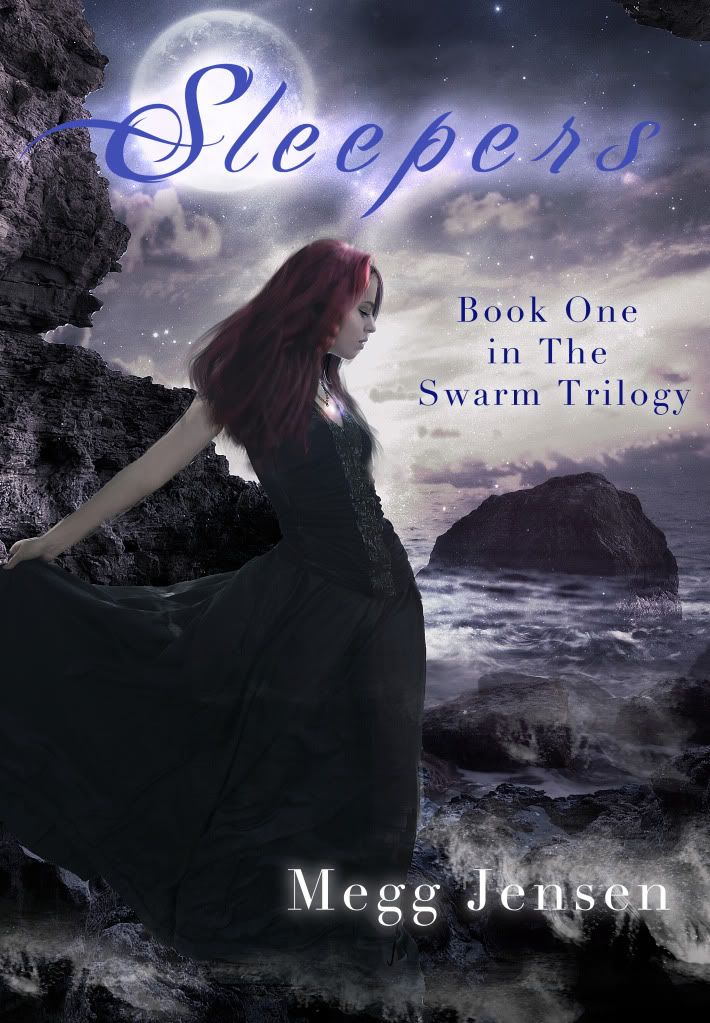"Is this Tony Noland?"
by Tony Noland
"Hello?"
"Hi, can I speak to Tony Noland, please?"

"This is Tony."
"Hey, Tony! How you doin', man?"
"Uh, fine. Who's this?"
"Tony, my name is Harrison Bendarick. I'm an associate acquisitions editor with Home Depot Books, and I just wanted to reach out to you and say how much we all liked
your blog series about your bathroom remodeling project. Really, just outstanding work, Tony, I love it, just absolutely love it."
"Oh. Uh, thanks, Harrison. I'm glad you liked it."
"Listen, call me Harry, OK? I've got a feeling that after you hear the offer I have for you, we're gonna get to be good friends, so we might as well get off on the right foot, you know what I'm saying?"
"Uh... OK. I mean, sure Harry. What's on your mind?"
"I'll tell you, Tony, we all just loved that blog series on the bathroom, the marble tile installation in the shower? Funny? Are you kidding me? Funny, funny, funny! Listen, we were cracking up in here. Cracking. Up."
"Well, that's good, Harry. I hoped it would be an amusing take on the job."
"Amusing? We're talking FUNNY, Tony, absolutely FUNNY!"
"Ah, right. Funny is a good goal sometimes. Humor can often make a dry subject come alive. It helps to personalize things, make them more accessible."
"Accessible, exactly! And that thing you did with having a pretend reader make comments? That was brilliant! It made the whole thing brilliant and accessible. That's exactly the word our senior acquisitions editor used. Accessible! You made the whole project accessible! And funny!"
"Yes, well, it sounds like it did what I hoped it would."
"Listen, Tony, here's the deal. I wanted to talk to you and get all of this settled in principle, you know? Just you and me, get the outlines of it put in place before we bring in your agent to fuss with the details."
"My... agent?"
"Yeah, I know, I know, I should have called your agency first, worked through them, but I figured, what the heck, you're a do-it-yourselfer, you might appreciate the direct approach before we get the lawyers involved to work out the contracts."
"Oh. Right. Yeah, that's... that's a good idea. I mean, I assume it's a good idea. Listen, Harrison, I'm - "

"Harry, please, Tony!"
" - right, Harry, sorry. I'm still not exactly clear on what we're talking about here."
"Oh, jeez, I got carried away, didn't I? It's just that we are all SO EXCITED about this!"
"Well, if you can just give me an overview of what you have in mind..."
"OK, listen, Tony, here's the deal. I'm reaching out to you because, number one, we all loved your blog posts about the bathroom remodel. They were informative and accessible, and funny, funny, funny."
"Right, I've got that."
"The pictures were fine. Nothing wrong with them at all, perfectly fine for snapshots taken by a homeowner. For what they were, they were fine."
"Uh, OK."
"So don't even worry about that. We've got that angle totally covered."
"That angle?"
"Right. We'll have a pro do the photography. We just want you to focus on the work and the writing."
"Harry, you said that the blog posts were number one. Maybe you could tell me what number two is?"
"Number two is that this was all done with Home Depot products, right?"
"Uh... yeah. Except for the shelves. Those came from a custom tiling place."
"But everything else was from Home Depot?"
"Yes, I think so. Just about everything."
"Listen, that's fine, that's exactly what we thought, and that's awesome, Tony, really, just perfect."
"Ah, good. It's just perfect for...?"

"Tony, I don't know if you're aware of it, but Home Depot publishes a line of home improvement and DIY books, everything from general how-to and maintenance to specific books on interior design, electrical, plumbing, you name it."
"Yes, I know. I have a couple of your books."
"Outstanding! Outstanding, Tony, that's just fantastic! So you probably can already guess what I'm talking about, am I right?"
"Ah, not really. You want me to write a book about tiling?"
"Tony, that would be a great project right there, just an absolutely great project, but we have something else in mind. See, one of the things that we at Home Depot like to do is to help people to take charge of their own homes. We serve contractors and builders, but the do-it-yourselfer is a core customer for us. Are you with me?"
"Sure."
"So, what's the big stumbling block that keeps people from actually pulling the trigger and doing projects around the house? That's something we ask ourselves all the time, focus group the heck out of it, in fact. What keeps people from starting projects? It's not lack of knowledge or discretionary income or anything like that. You know what it is?"
"Um... lack of confidence in their ability to do the job properly?"
"Oh my God, Tony, you are a natural! Are we on the same wavelength here, or what? Am I right? Am I right?"
"Yeah, well, it's pretty basic, I guess."
"Absolutely! Abso-darned-lutely! So when we read your blog posts, we thought, BINGO! Make it accessible, make it real, and above all, make it funny, and there's your answer right there."
"So you want me to write a
funny book about tiling?"
"Again, another great project idea, and one that I'm writing down right now so we don't lose it. That would make a great project for us someday, seriously. But, no, what we're thinking is this: you do the work, blogging about it in real time, and it becomes a destination blog at the Home Depot website. We're talking the whole deal - a corporate blog under the Home Depot masthead, tweeting under the Home Depot name, tie-ins with the Home Depot page on Facebook, the whole bit. Just make it all as funny as your blog posts, funny and accessible and brilliant, and everybody in America will see that home improvement projects can be fun AND funny."
"But... but I've already finished the bathroom. You want me to tear it out and do it over?"

"No, no, obviously we're talking about doing OTHER PEOPLE'S bathrooms! We get people with terrible bathrooms from all over the country - do a Facebook thing or run a contest or something - and you come in, remodel their bathrooms and write about the jobs in that funny Tony Noland style. Maybe branch out into all kinds of remodeling jobs. I'm talking kitchens, carpeting, insulation, roofing, whatever. You do the work, talk about the work, make the jobs accessible for people. Do you love this? Do you love this, or what?"
"Let me get this straight, Harry. You want me to go be, not so much a writer of books about remodeling, but rather a full-time general contractor who blogs for Home Depot?"
"And be funny the whole time! Like a funny handyman! You could do that thing where you have a conversation with yourself as an anonymous reader, or even answer letters from actual readers. We're thinking something like Car Talk, except with home improvement. Do you love this idea, or what?"
"..."
"Tony? Hello? I've left you speechless, haven't I?"
"..."
"Tony?"
===== Feel free to comment on this or any other post.


















